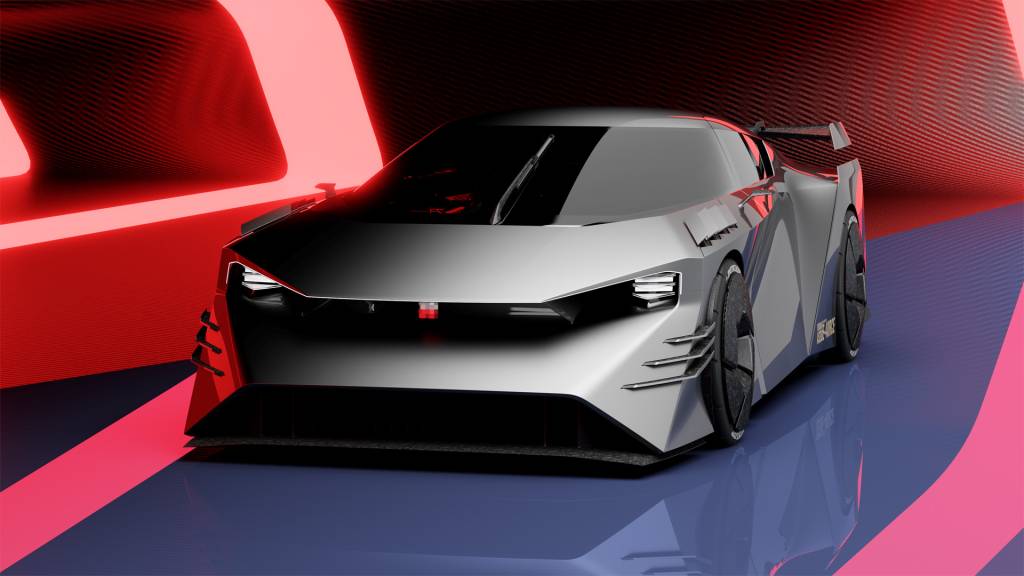FYI: After a remarkable 17-year run, the R35-generation Nissan GT-R will cease production in 2025, but plans for its successor are already underway.
The End of an Era for the R35
The Nissan GT-R, one of the most iconic sports cars in the automotive world, will bid farewell to the R35 generation next year. Introduced in 2007 and debuting in the US as a 2009 model, the R35 has enjoyed an extended production life of 17 years, far surpassing the typical generational cycle for most vehicles. Despite Nissan’s wishes to continue production of the GT-R for another decade, evolving regulations have made this impossible, according to Pierre Loin, Nissan’s global product chief.
Regulatory Hurdles
Pierre Loin mentioned in a recent interview with Top Gear that the primary reason for the production halt is due to stringent regulations. "We’ve been selling it for 17 years now and we’d like to continue for another 17 years, but regulators are creating problems for us," he explained. The R35 GT-R faces numerous compliance challenges, including failing to meet current noise and emissions standards in Europe and not adhering to Australia’s latest crash safety rules. In the United States, where the GT-R has been immensely popular, stricter emissions standards in 2025 will also put an end to its sales, confirmed by Nissan spokesman Josh Clifton.
2024 Nissan GT-R T-Spec Takumi Special Edition
Future Prospects: The R36 Generation
Despite the retirement of the R35, Nissan has reaffirmed its commitment to the GT-R lineage, with plans to introduce the R36 generation. However, fans may need to exercise patience, as the launch could still be several years away. One of the major considerations delaying the new model is the decision between opting for a hybrid powertrain or a fully electric vehicle.
The Possibility of an Electric GT-R
Nissan has hinted at the potential of an all-electric GT-R, possibly utilizing cutting-edge solid-state battery technology. According to Loin, solid-state batteries could address some of the prevalent issues in current electric sports cars, such as excessive battery weight and performance-draining overheating problems. Nissan has previously indicated that such batteries could be production-ready by around 2028.
Concept Previews and Future Ventures
Last year, Nissan unveiled the Hyperforce concept—an electric sports car boasting 1,341 horsepower and solid-state batteries. The Hyperforce shared several design elements with the GT-R, though Nissan has not confirmed if this concept will explicitly preview the next GT-R.


Nissan Hyper Force Concept
Beyond the GT-R, Nissan is also contemplating the introduction of a new Silvia. Ivan Espinosa, Nissan’s planning chief, has indicated that the Silvia is close to being approved for production, with plans for its architecture already underway.
Conclusion
While the R35-generation GT-R’s production will end in 2025, Nissan’s dedication to the GT-R nameplate remains unwavering. Whether the next iteration will be a hybrid or a groundbreaking electric vehicle, enthusiasts can look forward to a continuation of the GT-R’s storied legacy. Stay tuned for more updates as Nissan navigates this transitional phase.
For more insights and updates, reach out to us at tips@automotive.fyi, or follow us on Twitter @automotivefyi.
Donald Smith, Editor of Automotive.fyi


